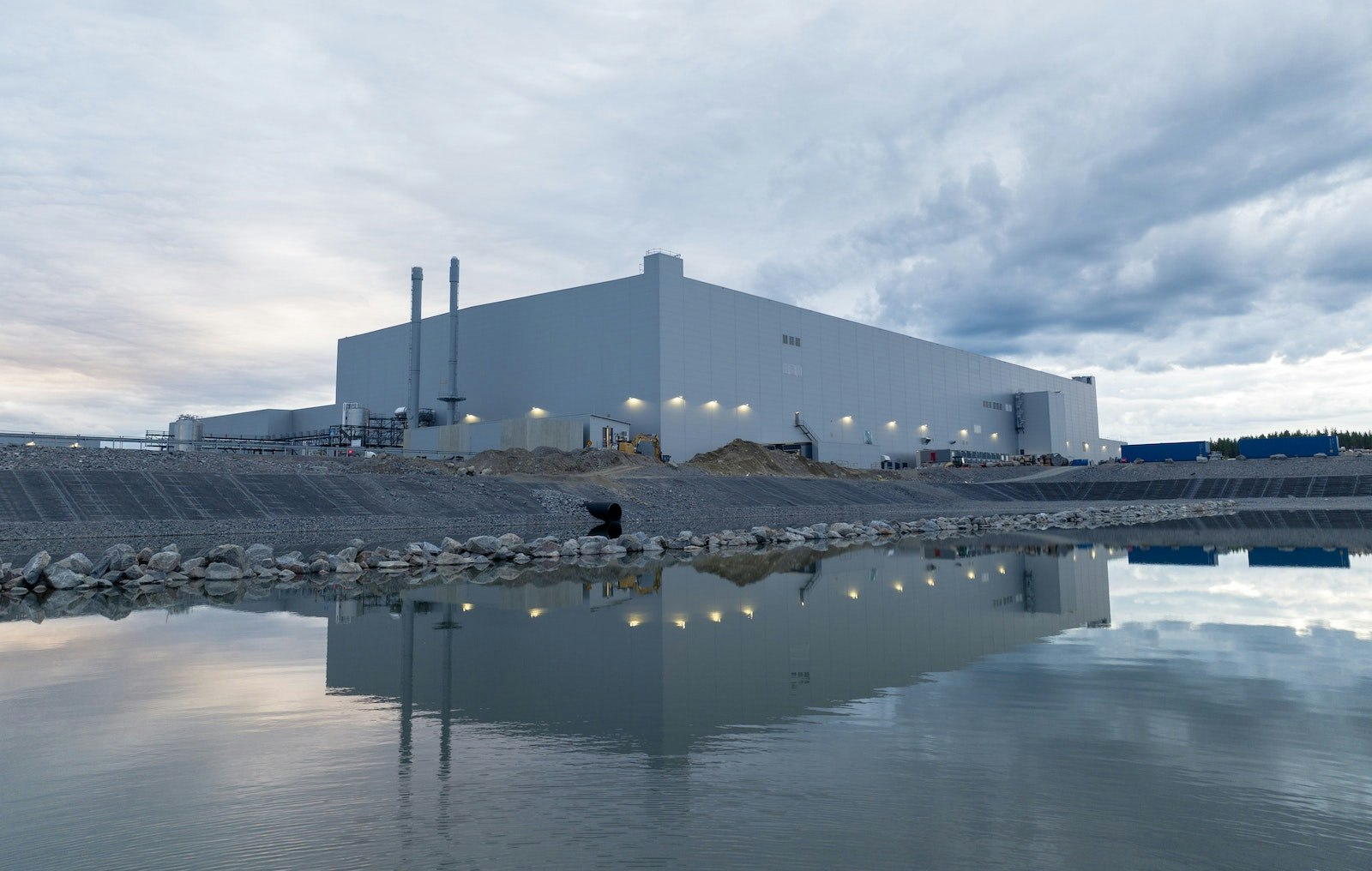In November, American investor Tommy Leep fired off a short tweet that’s still sparking discussion a month later. “RIP the phrase “climate tech” 2019-2024,” Leep wrote.
Climate tech has had a tough time of late: encapsulated by the almighty downfall of Northvolt, Europe’s best-funded and most talked about climate tech startup, which filed for bankruptcy in November.
Now the term itself is up for discussion: some say it has allowed a lack of focus on competitive advantage; others saying it’s now too generic; and some are even starting to throw suggestions of a new phrase into the mix.
Should Leep’s prophecy come true, it wouldn’t be the first time the industry’s undergone a rebrand. Between 2006 and 2013, the ecosystem used the term ‘cleantech,’ leading to the period being dubbed the ‘cleantech’ bubble, as it was an era which saw VCs invest in a host of climate technologies, most of which failed.
VC labels describe solutions, not problems
Swedish VC firm Pale Blue Dot closed its first fund in 2021. Three years on, founding partner Jakobsson says the firm — which is known for climate tech investing — is rethinking ‘climate tech.’
“Our investment strategy has not changed, but the label ‘climate tech’ has, for many, become synonymous with “reversing climate change by sucking down carbon from the sky” or “building huge infrastructure to make an existing commodity, but green,” explains Jakobsson.
Pale Blue Dot has invested in companies that would typically fit the ‘climate tech’ bracket, such as carbon credit supplier Patch and Swedish startup Paebbl, which captures carbon and stores it in building materials.
But the firm has also backed companies that might not so easily fall into the ‘climate tech’ bucket, such as Atlas, which builds geospatial maps, and Hived, a parcel delivery company.
Most investment trends are grouped together into solutions, Jakobsson notes, such as AI, fintech or crypto. ‘Climate’ is, on the other hand, a problem and the answers to it fall across many different categories of solution.
“We focus on the problem and not on the specific solution. We have invested in “VC labels” such as mobility, fintech, b2b SaaS, etc, but they are all “part of the climate problem,” says Jakobsson.
‘Growth Tech’?
Sebastian Heitmann, investor at Extantia Capital, agrees that the ‘climate tech’ label can pull attention away from the need for companies to be the best performing in their specific product category.
“Tesla is a better performing car: it’s beautifully designed, better performing, and it’s also green,” he says.
Heitmann uses the example of a green cement company. If that company is not also the cheapest and easiest cement company for the industry to use, it will fail — perhaps showing that startups in the space should be chasing a ‘construction tech’ label, rather than a climate tech one.

It’s a sentiment echoed by Lightspeed partner Paul Murphy, who this week wrote on Twitter that the “era of ‘Climate Tech’ feels behind us,” because “it relies too heavily on good faith and altruism, framing impact as a moral imperative rather than a driver of competitive advantage.”
Companies which hinge their business cases on speculative policies or carbon taxes don’t work, Murphy said. He proposes calling the third wave of sustainability ventures “Growth Tech”: companies which integrate sustainability as part of their competitive edge.
There’s a separate camp who believe the term should remain, but that it needs a greater focus. London-based VC Elbow Beach, for example, describes ‘climate tech’ as a “broadly accurate and useful descriptor” but that it could benefit from a greater focus on business optimisation.
“A climate fund is way too generic”
The other dynamic at play is the increasingly crowded nature of the sector. A large number of ‘climate tech’ funds started popping up in 2022.
“When we started out, very few funds looked at “climate change as a challenge,” and now there are a huge number of all kinds of funds in the sector: infrastructure funds, funds that need a clear carbon removal target to invest in, evergreen structures, and so forth,” says Jakobsson.
“All of these are naturally ‘climate tech funds’ but also very, very different,” he adds.
The crowdedness of the sector means funds are now starting to use more specific terms to describe their thesis, rather than the catch-all ‘climate tech.’
That’s the case for Nucleus Capital.
“A climate fund is way too generic,” says founding partner Maximilian Schwarz, speaking on the announcement of the new Nucleus fund in November.
“The necessity to have green DNA in any kind of business will increase tremendously in the coming years, so I don’t think a climate fund is a differentiator. I think every generalist today will be a climate fund in 10 years.”
To combat that, Nucleus bills itself as a fund betting specifically on synthetic biology, rather than broader ‘climate tech.’
“It doesn’t encapsulate everything”
Despite being seemingly catch-all, some think the ‘climate tech’ label obscures other parts of the environmental crisis which aren’t directly related to CO2: such as over-consumption, biodiversity loss and the need to adapt to a changing climate.
“My issue is more with the fact that it doesn’t encapsulate everything they need to have in there,” says Heitmann. An investment in a crop that withstands droughts does not remove CO2 from the atmosphere but is still ‘climate tech’, he says.
Heitmann says he tasked ChatGPT with coming up with a new label. The best it’s come up with so far is “dynamic resilience,” he says — describing startups driving mass adoption with faster, better, cheaper solutions that just happen to be green, driving resilient growth that moves industries forward.
Do you have a better term? Share your thoughts on the ‘climate tech’ label debate: freya@sifted.eu
Read the orginal article: https://sifted.eu/articles/rip-dead-climate-tech/


